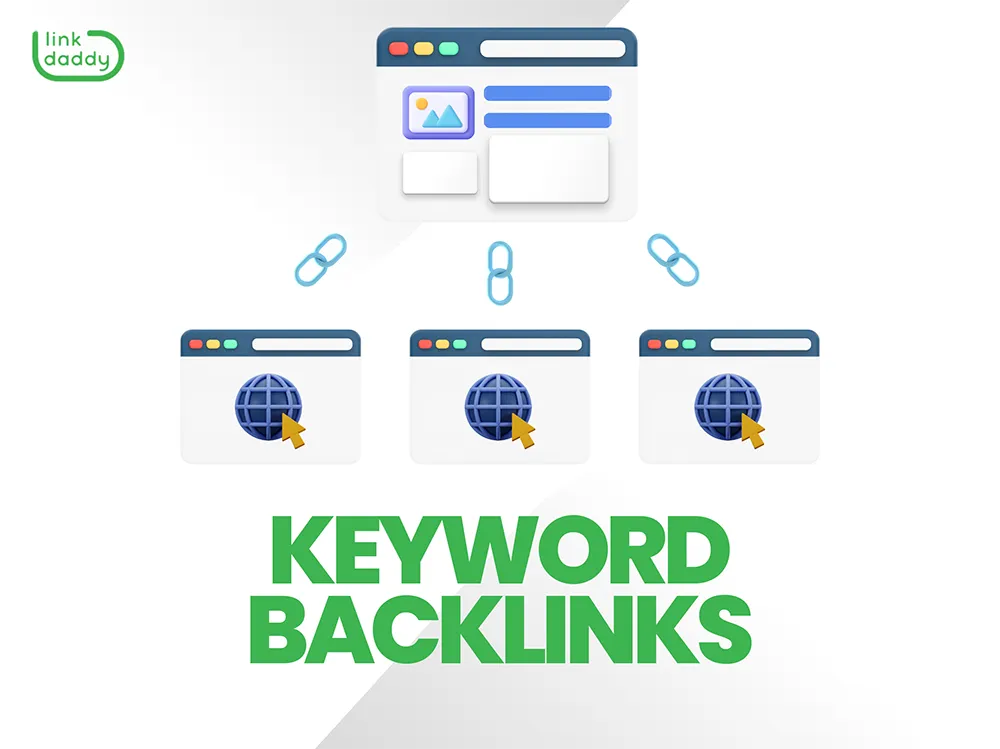Checking Out Cloud Services: Key Benefits and Applications
Checking Out Cloud Services: Key Benefits and Applications
Blog Article
Understanding the Different Kinds of Cloud Providers and Their Usages
From Infrastructure as a Service (IaaS) to Software Application as a Service (SaaS), each type of cloud service serves an one-of-a-kind function and offers distinct benefits. By checking out the nuanced performances and applications of each cloud service, one can navigate the intricacies of cloud computing with precision and insight.
Infrastructure as a Solution (IaaS)
Framework as a Service (IaaS) supplies users with virtualized computer resources over the net on a pay-as-you-go basis. This cloud computing model provides essential IT facilities such as virtual devices, storage, and networking without the demand for organizations to buy and take care of physical web servers and data facilities. With IaaS, users can scale resources up or down based on their needs, providing adaptability and cost-efficiency.
Among the crucial benefits of IaaS is its capacity to swiftly arrangement and release framework elements, allowing services to react quickly to changing demands and market conditions. By contracting out facilities administration to the provider, organizations can concentrate more on their core organization activities instead than taking care of the complexities of hardware maintenance and upgrades.
Additionally, IaaS uses a high level of integrity and security, with carriers generally supplying durable data backup, disaster recovery, and cybersecurity procedures. This assists make sure that important business procedures remain undisturbed and data continues to be shielded versus possible risks. universal cloud Service. Generally, Infrastructure as a Solution improves IT operations, enhances scalability, and decreases funding expenses for services of all dimensions
System as a Service (PaaS)
Building upon the structure of Facilities as a Service (IaaS), Platform as a Service (PaaS) provides a detailed environment for programmers to produce, release, and manage applications without the intricacies of underlying infrastructure monitoring. PaaS provides a platform with devices and solutions that streamline the development process, permitting programmers to concentrate on composing code and structure applications instead than handling facilities problems.

Software Program as a Solution (SaaS)
Software as a Solution (SaaS) transforms the means companies accessibility and use software program applications by supplying them on a registration basis through cloud carriers. This cloud computing model eliminates the need for organizations to set up and preserve software program on private devices, as everything is hosted and handled centrally in the cloud.
SaaS offers an affordable option for services as they only spend for the software program they use without the added expenses of equipment maintenance or software program updates. It also uses scalability, allowing companies to quickly readjust their software application demands based on their requirements.
Furthermore, SaaS applications can be accessed from any type of device with a web connection, promoting collaboration and flexibility among remote groups. Safety and security is a leading concern in SaaS, with suppliers carrying out durable actions to safeguard information saved in the cloud.
Popular examples of SaaS include customer relationship management (CRM) software like Salesforce, productivity tools like Microsoft Workplace 365, and cooperation platforms like Google Workspace. SaaS proceeds to get grip in business globe as a result of its cost-efficiency, ease, and scalability.
Feature as a Solution (FaaS)
With the advancement of cloud solutions like Software application as a Solution (SaaS) improving software program delivery, Feature as a Solution (FaaS) represents a standard change in just how code is executed in a serverless environment. FaaS allows designers to compose and execute individual features or items of code in response to details occasions without the demand to manage the infrastructure. This serverless computer version makes it possible for programmers to focus entirely on writing code to carry out particular performances, without worrying themselves with the underlying infrastructure or server management.
Functions are performed in stateless containers that are rotated up and down as required, guaranteeing optimum resource application and cost-effectiveness. By redirected here extracting the framework layer, FaaS simplifies development, accelerates time to market, and boosts overall dexterity in deploying cloud-native applications.
Storage Space as a Solution (STaaS)
An essential element in cloud computer, Storage as a Solution (STaaS) gives users with a scalable and reliable solution for handling information storage space needs. STaaS enables organizations to keep and get information from remote home servers using the web, removing the requirement for on-premises equipment. This solution supplies versatility by enabling individuals to pay only for the storage they utilize, making it an economical remedy for businesses of all dimensions.

STaaS is especially useful for businesses with fluctuating storage space demands, as it offers a trustworthy and safe and secure storage service without the need for considerable upfront investments. By leveraging STaaS, organizations can improve their information management procedures, improve access, and boost data safety and security in a cost-effective fashion.

Final Thought
To conclude, comprehending the different sorts of cloud solutions and their usages is vital for organizations and individuals looking to utilize the benefits of cloud computing. Each type of cloud service uses special advantages and functionalities, catering to particular needs and needs. By using the best cloud solution, organizations can boost their performance, scalability, and versatility in managing their IT framework and applications. It is crucial to examine the specific demands and goals prior to selecting the proper cloud service for optimal efficiency.
From Infrastructure as a Service (IaaS) to Software as a Solution (SaaS), each type of cloud service serves a distinct function and provides unique benefits. cloud services press release. By exploring the nuanced performances and applications of each cloud service, one recommended you read can browse the complexities of cloud computing with accuracy and insight
With the development of cloud solutions like Software as a Service (SaaS) improving software program delivery, Function as a Solution (FaaS) stands for a standard shift in how code is executed in a serverless setting.In conclusion, recognizing the various types of cloud solutions and their usages is necessary for businesses and people looking to take advantage of the advantages of cloud computing. By making use of the appropriate cloud solution, organizations can boost their effectiveness, scalability, and adaptability in managing their IT framework and applications.
Report this page